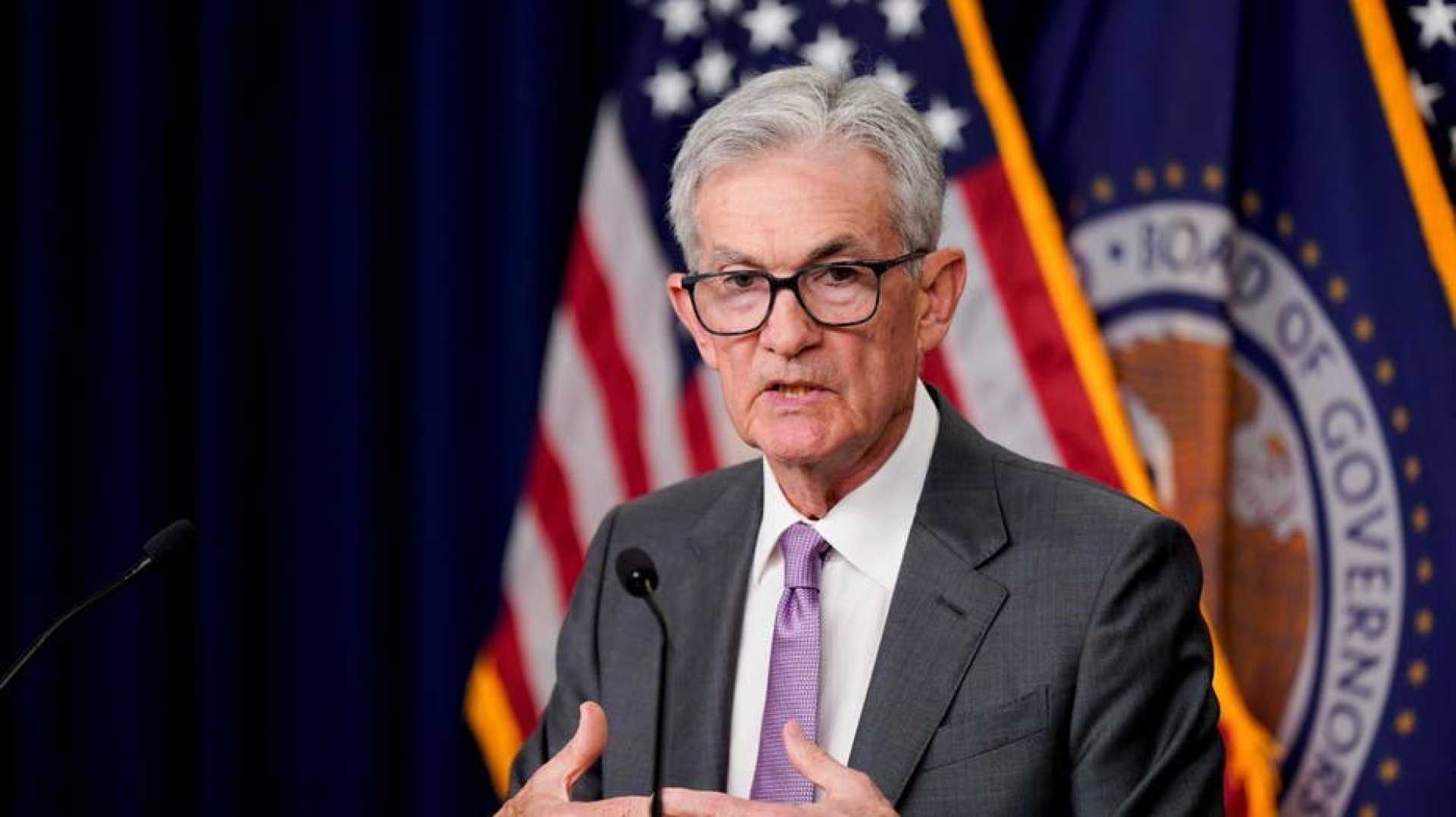News
Federal Reserve Anticipates First Interest Rate Cut Since Pandemic

The Federal Reserve is poised to reduce interest rates for the first time since the onset of the COVID-19 pandemic. This anticipated move marks a significant shift in monetary policy after a prolonged period of elevated borrowing costs aimed at curbing inflation. However, uncertainty surrounds the magnitude of the rate cut, creating considerable interest in financial markets.
Markets speculate whether the Federal Reserve will opt for a modest quarter-percentage-point cut or a more aggressive half-point reduction. The decision follows a period where inflation has moderated, but economic indicators present a mixed picture. Consumer prices rose by an annual 2.5% in August, significantly below the pandemic peak of 9.1% in June 2022. Despite this, the labor market shows signs of softening, with unemployment reaching 4.2% last month.
Economists are divided on the best course of action. Some argue for a larger rate cut to support the labor market, while others suggest a cautious approach with a smaller reduction. The Federal Reserve has been under pressure to address worsening economic conditions, including slower hiring and climbing unemployment rates, which have climbed in four of the last five months.
Wall Street remains divided, with traders previously predicting a larger cut being more likely than a quarter-point move. However, the final decision is expected to be a precursor to further rate cuts in the coming months, indicating a pivot from the previously high-interest-rate environment instituted to combat rising inflation.
Additional factors influencing market volatility include the approaching presidential election and apprehensions about excessive spending on artificial intelligence by tech companies. These elements contribute to a challenging landscape for investors, who are advised to exercise patience during this period of adjustment.
While borrowers might anticipate some relief as interest rates on loans like mortgages, auto loans, and credit cards decrease, financial analysts emphasize that significant changes may take time. The immediate economic impact of a single rate cut may be limited, but the cumulative effect of subsequent reductions could bring more substantial relief.
Despite the anticipated rate cut, consumers are advised to manage high-cost debts prudently as interest rates may not decrease swiftly enough to alleviate financial pressures. Experts highlight the importance of a strategic approach to financial management in the face of ongoing economic adjustments.












